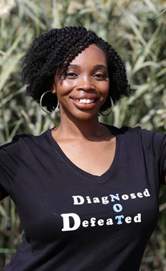
COVID 19 and Anxiety
May 31, 2023 | By Phyllisa Deroze
Note from the Editor: Recently the WHO declared an end to the COVID global health emergency. However, for at risk health groups, it is still influencing their lives and the decisions they take each day. In this article, Phyllisa Deroze writes about the lasting effect of the pandemic and how it has affected her mental and physical health.
Had you asked me prior to the COVID-19 pandemic if I lived with anxiety, I would have said “No.” Sure, there were times when I dealt with anxiety - during exam weeks in my college days or anytime I received alerts about tornado warnings on my cellphone because, in 2011, I lost my home and 99% of my belongings in a tornado. However, I consider it a normal part of human existence when isolated moments of anxiety pop up and quickly dissipate. I hadn’t felt sweaty palms, racing heartbeats, and spiraling thoughts of doom weekly until the pandemic.
The arrival of Covid-19 brought a weight that prevented the renewing of my mind that usually came from a good night’s rest. Even if I woke up refreshed, the news reminded me of looming terror. The virus went from being something that happened to people in a faraway land that I only saw through my TV screen to becoming a daily threat surrounding me every time I walked outside. I couldn’t see COVID-19, but I knew it could be waiting for me on the breath of everyone I conversed with. As the days progressed, I felt my trust shift away from people towards N-95 masks as I scrambled to feel safe. By the time I saw images of American hospitals using 18-wheelers parked outside their doors as temporary morgues, alongside the scrolling daily death toll, and constant reminders of my vulnerability as a person with diabetes and as a Black woman, my anxiety was solidified.
I made rigid choices to feel protected (got vaccinated, always wore a mask, and limited interactions with people), just as I did when I was first diagnosed with diabetes when I thought carbs were the enemy - I significantly reduced my carb intake to protect against the ailments of hyperglycemia. As the days, months, and years roll onwards and COVID-19 becomes a normal part of our world, I’m still figuring out how best to manage diabetes, COVID-19, masking, socializing, and my new buddy anxiety. This summer, I stepped outside the bubble I’ve been living in since 2020 and caught COVID-19 at a diabetes conference. This past winter, I caught COVID-19 again at a diabetes event. These incidents have taught me a few things.
One, I need to develop a routine of socializing that makes me comfortable and stick with it, just as I’ve established a meal plan that works for me and keeps my blood glucose levels within range most of the time. Secondly, I must recognize that similar to my friends who manage diabetes and other conditions at the same time, I’m also making choices to protect multiple aspects of my health as best as I can. My juggling act of balancing physical and mental wellness can’t be compared to anyone else, I remind myself, because we’re all managing the pandemic aftermath differently. My biggest struggle with returning to in-person conferences, reuniting with friends, and making new acquaintances (all things I love doing) has been not succumbing to the social pressure of unmasking when I’d feel more comfortable wearing a mask. I need to remind myself as I do at social gatherings when my blood sugar is elevated, and everyone is indulging in dessert and offering me to partake—it’s okay to be the odd person out sometimes.
As our diabetes ecosystem creates a new normal, I hope we’ll keep a few things from our pandemic days, such as being understanding to those who wear masks, asking if it’s okay to unmask in close and closed-in proximity, and remembering that we PWD are vulnerable and should be handled with care, when necessary.
The opinions presented in this blog post are those of the author and may not represent the opinions of Ascensia Diabetes Care. Ascensia has paid Phyllisa an honorarium for her services as a contributor to this blog.



